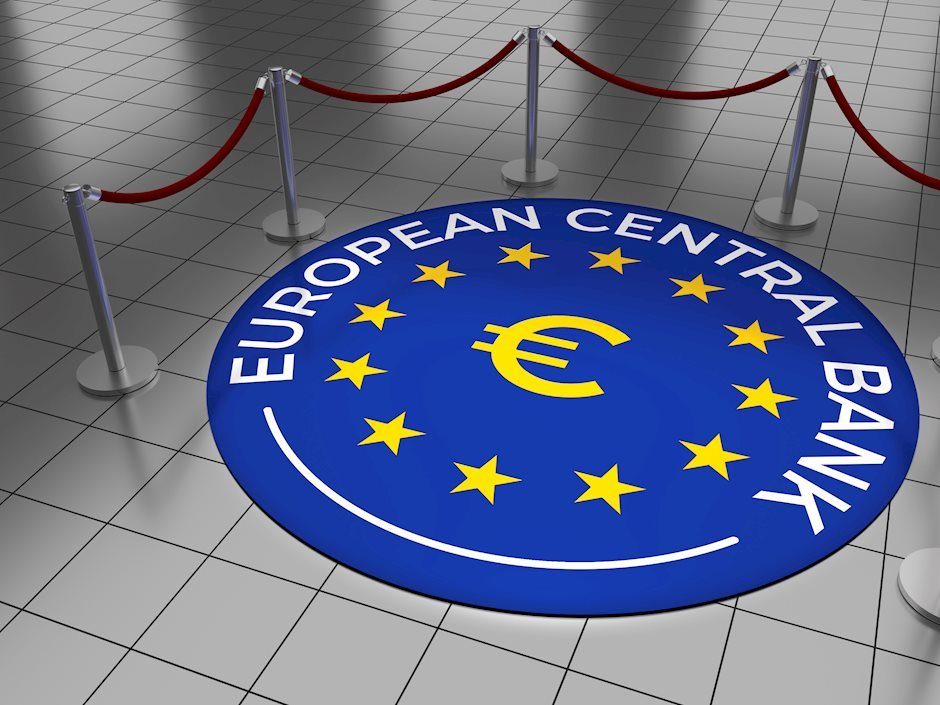EU Talking a Good game

Speeches and Comments all feel a little too rehearsed
A number of EU based bureaucrats from ECB Board members to Central Bankers and Government Officials are all starting to sing from the same hymn sheet talking up a recovery in the Eurozone that may or may not be happening.
A cynic may just get the feeling that this warm glow being created where the ECB can start to withdraw ultra easy monetary policy and a stronger Euro rewards Germany for being so nice and generous to its friends in Greece is all smoke and mirrors.
An upsurge in populism and nationalism which, while not actually sweeping Europe, is giving enough concern that the French and Dutch election campaigns are being studies with great interest. Brexit has caused a shock wave throughout the EU Commission that they are just about managing to keep behind closed doors.
There is no doubt that recent economic releases have pointed to an economy which is no longer under threat. However, what needs to be remembered is that the asset purchases and other “unusual” measures adopted by not just the ECB but Central Banks in a number of developed economies were in reaction to a financial crisis that looked set to destroy the very fabric of the global economy.
There is no doubt that that crisis has been averted and monetary policy will need to be normalized but to say that growth is accelerating is a little premature to put it mildly. Of course there are countries that are starting to grow but that growth even in germany is below trend.
A tightening of monetary policy that will affect nineteen economies may see recoveries choked off. As a cover to hide behind, the ECB tells us that it creates monetary policy for the Eurozone as a whole so Germany will just have to grin and bear an increased ui=inflation threat. The other eighteen countries breathe a sigh of relief that the Euro has fallen from a high of around 1.60 vs. the dollar at the start of the financial crisis to 1.05 now, which in anyone's book is close to parity.
Given where we are in the economic cycles of the Eurozone compared to the U.S. further Euro weakness is likely. The FOMC is looking (quite rightly) at withdrawing stimulus and is already embarking on a tightening bias.
The interest rate bias was how the FOMC used to inform the markets of its view of the economy in the days before the financial crisis; easing bias, neutral bias and tightening bias were all that was needed for the markets to understand FOMC policy.
Now advance guidance is the method used. It works well in the U.K. where BoE Governor is respected by the Government and business but not se well in the U.S. where the FOMC Chair is universally criticised by the President and the Republican Senate at every turn.
Trump turns on China
President Trump labelled China a “Grand Champion” of currency manipulation yesterday but still hasn’t quite got the nerve to use the “magic phrase”; Currency manipulator.
In his election campaign Trump declared that he would take action on China on day one of his Presidency. Treasury Secretary Steve Mnuchin also stepped back when asked if the Administration was about to label China a currency manipulator. In a mealy mouthed comment he said that “he would follow its normal process of analyzing the currency practices of major U.S. trading partners.
The Treasury is required to publish a report on these practices on April 15 and Oct. 15 each year.
"We have a process within Treasury where we go through and look at currency manipulation across the board. We'll go through that process. We'll do that as we have in the past," Mnuchin said in his first televised interview since formally taking over the department last week. "We're not making any judgments until we go continue that process."
To be fair, China has spent a great deal of its reserves in recent months stemming the tide of capital outflows, thus avoiding the Yuan weakening further. But then, when did President Trump let facts get in the way of a good soundbite?
Next week we turn our heads towards economic data
Next week sees economics rather than politics driving markets. The U.S. employment data is actually released on March 10th rather than in its normal first Friday date.
There will be plenty to keep traders on their toes next week: Purchasing Managers Reports, Chinese Manufacturing, U.S. House Prices, Interest Rate decision in Canada and Eurozone employment are the highlights.
Given the positive spin being put on the Eurozone economy by all and sundry, it will be interesting how an employment number that is staying close to 10% Eurozone wide is handled.
Author

Alan Hill
Treasury Consultancy
A highly experienced banker with an in depth knowledge of Corporate Banking, Treasury and Trade Finance. Global markets, risk management, FX trading and sales & interest rate management have been a major part of my career.

















